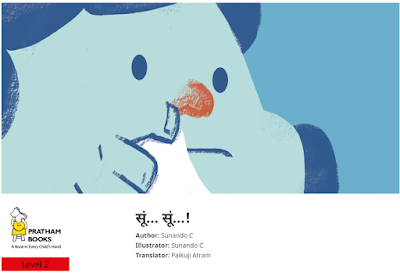Recent Research on how Multilingual Education affects reading skills in children
Always good to see classroom level research done in India, particularly when it focuses on the language issue. The focus of this research is on the influence of multilingualism on reading performance. It is a small study but good to note that it shows how teaching in a familiar language has positive effects, and also that children who do not speak the majority language need extra support. TESOL Quarterly (Wiley online library) recently published a research article titled the “Effects of Mother Tongue Education and Multilingualism on Reading Skills in the Regional Language and English in India.” The research examined how mother tongue education and multilingualism influences the reading skills and reading comprehension of 1272 Indian primary school children from low income homes. The study took place across three sites in India, namely Delhi, Hyderabad, and Patna. The main aim of the study was to assess if there was a relation between mother tongue education/mult...


